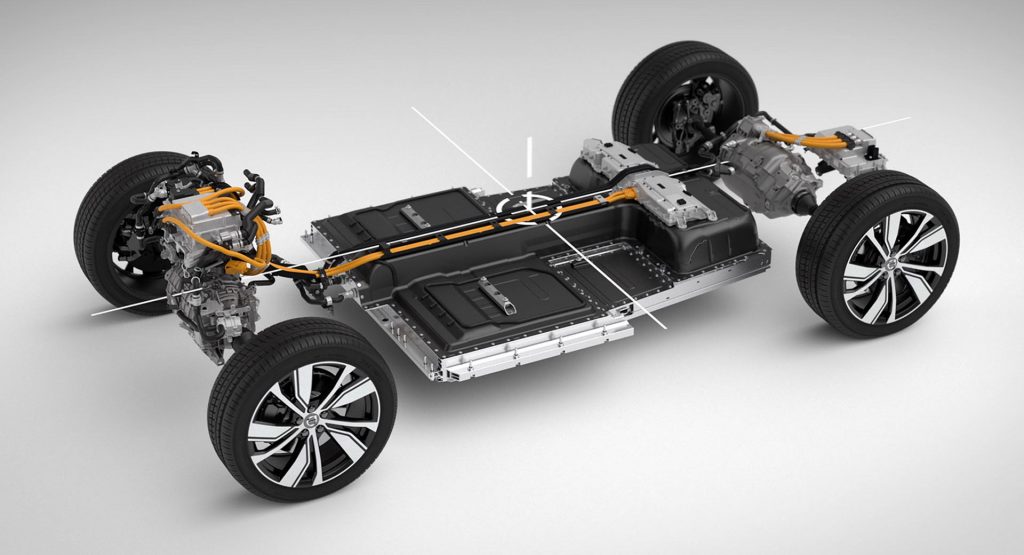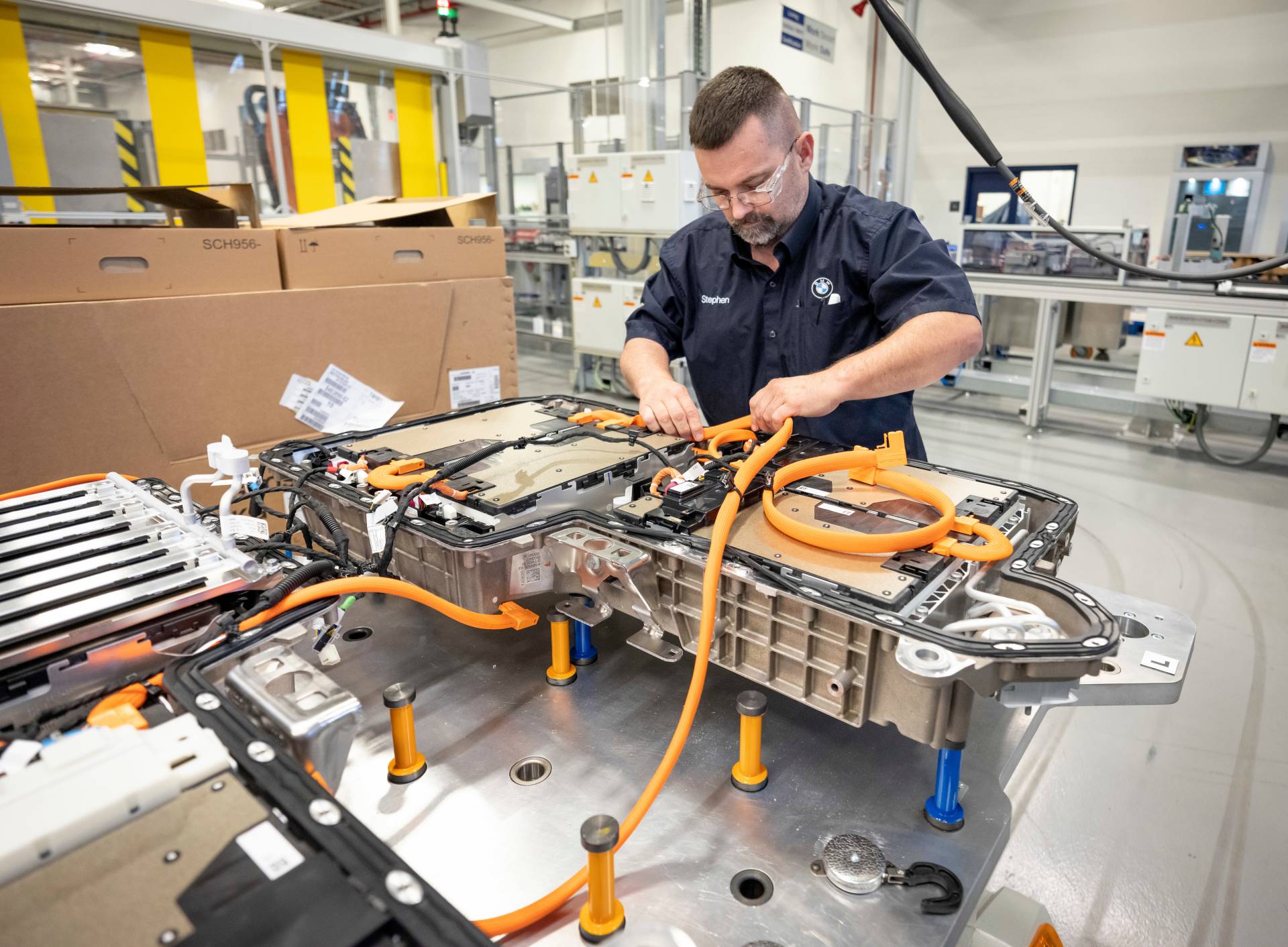Fleet-telematics company Geotab has published data that details how batteries used by electric vehicles degrade over time.
Geotab used data from 6,300 fleet and consumer electric vehicles around the world and discovered that, on average, EV batteries lose about 2.3 per cent of their capacity per year, Quartz reports. Geotab says that at this rate, most batteries will outlast the useable life of the vehicles that they power.
The study went on to show that the way a battery pack is cooled and/or heated by air or by liquid can impact its longevity. In one comparison, a 2015 Tesla Model S’s battery capacity fell by an average of 2.3 per cent each year while the battery pack of a 2015 Nissan Leaf fell by an average of 4.2 per cent this year. The Tesla uses a liquid cooling system while the Nissan relies on a passive air cooling system.
Under Threat: SK Innovation And LG Chem Patent Feud Could Disrupt EV Battery Supplies
Geotab points out that the degradation of a battery pack is not linear. As a result, a slow decline for many years can be followed by a steep drop. In addition, a number of Tesla owners have said that how fast a battery can charge may alter over time as car manufacturers introduce over-the-air updates to protect batteries, as Tesla has done in the past.
Interestingly, the data showed that electric vehicles that are used frequently don’t experience any more battery degradation than those that aren’t driven or charged as often. The location of where an EV resides does play a factor in the longevity of the battery, however. EVs driven in hot climates degrade much faster than those in cooler climates. Frequent fast charging also accelerates the degradation of a battery.
You can click here to check out the full study.




